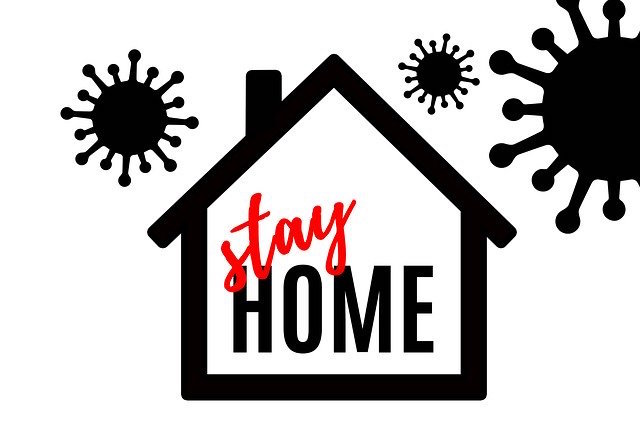
Coronavirus/COVID-19 anxiety is everywhere right now. Being a psychiatrist does not prevent Anxiety surrounding the virus. I’m anxious too! In this time, many of us are in self-isolation. It is now more than ever we need to prioritize our mental health! The following strategies may help reduce the intensity of your Coronavirus/COVID-19 anxiety.
1- Get Coronavirus/COVID-19 Facts
The internet can trigger Coronavirus/COVID-19 Anxiety! The moment you go online, it is likely to bombard with a false narrative. Coronavirus-related conspiracy theories, doomsday stories, and personal testimonials treatments can be overwhelming to you. As you navigate the online world, remember this: science is real, fake news is not.
Contrary to what you may have heard, tonic water does not prevent the infection, nor is it a recommended treatment. Drinking bleach will not kill the Coronavirus/COVID-19 in your body; this is merely dangerous. There is no known cure for the virus, and reputable news sources will tell you as much. Please get the information from the Center for Disease Control (CDC). They have real-time updates written in everyday language for everyone.
2-Own your Anxiety!
I have recently been seeing my patients virtually. Unfortunately, the circumstances have changed from our frequent face-to-face meetings, but their anxiety symptoms remain. This pandemic can worsen underlying anxiety symptoms, but it should not replace an established pattern of Anxiety.
Many people feel too embarrassed to admit feeling anxious, but ignoring heightened emotions can result in painful costs. How do you manage these painful anxious feelings triggered by tremendous life changes like we are dealing with right now? Recognizing your mental state is an excellent start to your journey of empowerment and self-control. From there, seek out many of the online stress-reducing tools available, including yoga, breathe work, and mediation.
By the way, new physical symptoms of shortness of breath, fever, or chest pain should not be minimized as a worsening of your Anxiety. These symptoms could be a legitimate Coronavirus/COVID-19 problem. Denial is a dominant defense; don’t let it get in the way of talking to a professional. Communicate with a health provider worsening new respiratory symptoms, which include a fever. Most states have hotlines for Coronavirus/COVID-19 questions.
3-Reduce Media
Everyone is feeling overwhelmed right now, especially if they are predisposed to worry. Do not spend 24 hours a day glued to a news outlet. All news channels are focused on the latest breaking news about the COVID-19, which is bound to make you feel worse. Every hour, each new anchor repeats the same news story with a slightly new twist. The information captures you by using eye-catching headlines and negative content.
Instead of getting sucked into the news cycle, identify your preferred format. Be honest with yourself. How do you best hear stressful information? Do you understand information best through reputable news sources on social media and news websites? Once you have gotten your update, discontinue seeking additional news sources for Coronavirus/COVID-19. Find something else to watch, read, or do.
4-Limit technology
The downside of technology is that it can be a major source of stress. People are routinely captured, day and night, by laptops, desktops, smartphones, and tablets. Attempts to reduce Coronavirus/COVID-19 Anxiety is often interrupted by the relentless bombardment of instant messages and text alerts.
Do you notice this happening in your life? That’s okay. Own it!
How can you stay disconnected from your cellphone and other forms of technology that threaten your mental wellbeing? How long can you remain disconnected without feeling anxious, worried, or agitated? Do you experience what researchers describe as “The Phantom Vibration Syndrome.” They described feeling that your device is vibrating when it’s not? Be honest with yourself. It’s okay. If you notice that you get stressed out when you are away from tech, you may be able to use this COVID-19 quarantine period as a healing opportunity to detox from technology slowly.
Below are the Coronavirus/COVID19 Anxiety reducing strategies covered today. Stay tuned for part II.
- Get the facts, preferably from the CDC or new outlets that reference it
- Acknowledge your symptoms of anxiety
- Reduce your media intake and technology use as best you can,
- Find simple activities that require you to focus(e.g.coloring books, organizing a closet, cleaning the pantry, tossing out expired items
image by Gerg Altman of Pixabay.com
